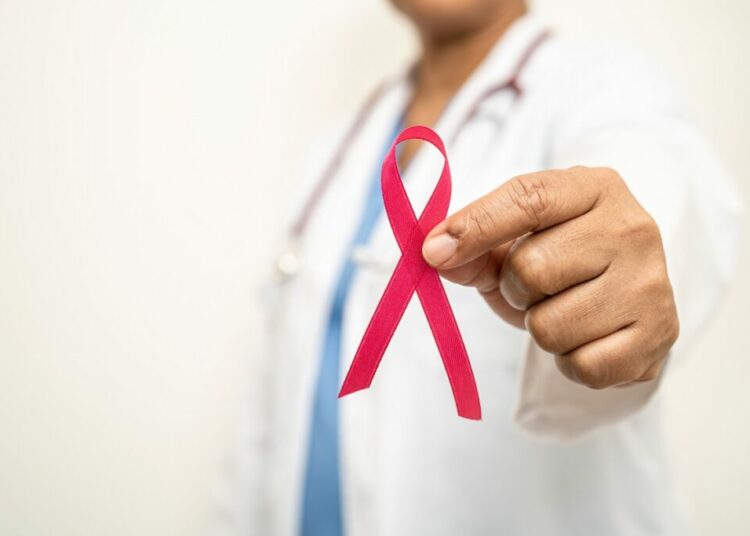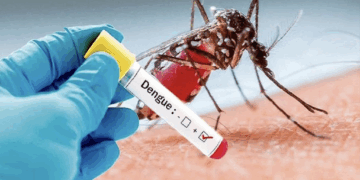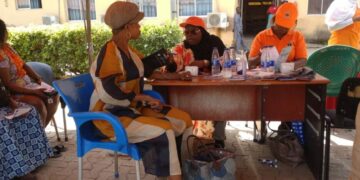Cancer remains a formidable disease that affects people across all demographics, making it one of the leading causes of death worldwide.
Each year, approximately 19 million new cases are diagnosed globally, resulting in nearly 10 million deaths. However, many of these fatalities could be prevented through early detection, preventive measures, and timely medical care.
The World Health Organisation (WHO) emphasises that early cancer diagnosis significantly improves treatment outcomes. Delayed or inaccessible care reduces the chances of survival. Studies have shown that detecting cancer or precancerous changes early allows for timely intervention, potentially slowing or preventing the disease’s progression.
Certain cancer-related deaths are considered preventable by adopting healthier lifestyles and addressing risk factors. Quitting smoking, reducing alcohol consumption, maintaining a healthy weight, and staying physically active can significantly lower the risk of developing cancer.
Hauwa Umar’s story highlights the life-saving impact of early detection. Diagnosed through a free breast cancer screening program, she received timely treatment that saved her life and enabled her to thrive years later.
Cancer survivors like Mrs. Gloria Orji serve as a testament that a cancer diagnosis is not always a death sentence. She encouraged families to support their loved ones battling the disease rather than assuming the worst, calling for a shift in societal attitudes to give cancer patients a fighting chance to live and thrive.
Screening methods such as mammograms (for breast cancer), Pap smears (for cervical cancer), colonoscopies (for colorectal cancer), and PSA tests (for prostate cancer) play a crucial role in early diagnosis and improved survival rates.
Her story, alongside broader data on cancer survival and prevention, underscores the importance of proactive health measures, public awareness campaigns, and accessible screening programs. These efforts empower individuals to take charge of their health, improve survival rates, and enhance overall well-being.
The medical Director of Pinecrest Specialist Hospital, Dr. Omadeli Boyo, stressed the need for regular screenings, noting that early diagnosis dramatically increases survival rates.
With fewer than 100 oncologists available to serve Nigeria’s population of over 200 million, routine check-ups and timely treatment are essential.
Cancer refers to a group of diseases characterised by the abnormal growth and spread of cells due to genetic mutations. It can affect nearly any part of the body, disrupting normal functions.
Symptoms vary widely but may include fatigue, night sweats, unexplained weight loss, skin changes, persistent pain, or organ-specific signs such as blood in the stool or newly developed lumps.
Risk factors include genetic predisposition, lifestyle choices (such as smoking, poor nutrition, and lack of exercise), environmental exposures (toxins like asbestos and pesticides), radiation (UV exposure or excessive medical radiation), and hormonal therapy.
According to the International Agency for Research on Cancer (IARC), approximately one in five people develop cancer in their lifetime, with one in nine men and one in 12 women dying from the disease.
In 2022, IARC identified the three most prevalent cancer types globally: lung, breast, and colorectal cancer. Lung cancer was the most frequently diagnosed, with 2.5 million new cases (12.4% of total cases), followed by breast cancer (2.3 million cases, 11.6%) and colorectal cancer (1.9 million cases, 9.6%). Prostate cancer (1.5 million cases, 7.3%) and stomach cancer (970,000 cases, 4.9%) also ranked among the most common.
With increased awareness, proactive screening, and policy-driven initiatives, the fight against cancer can achieve better outcomes.





